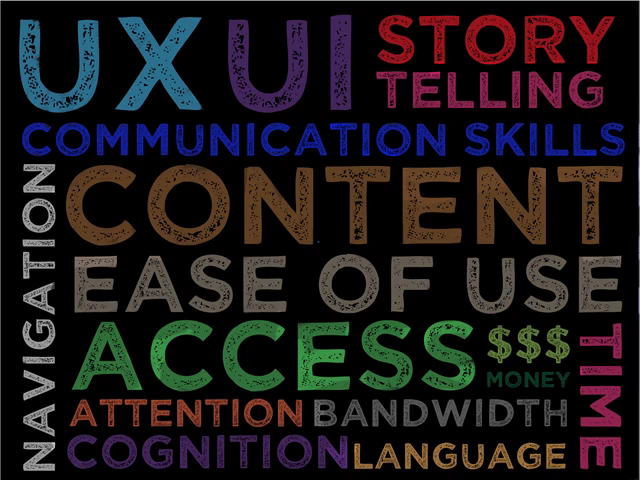Making a Mighty MOOC: Part 1 – An Introduction to Massive Open Online Courses
/Introduction to MOOCs
NEXT Video 2: 5 Tips for Making a Mighty MOOC >>
There is a giant leviathan creature lurking out there in the interweb ocean.
Fortunately, unlike all the other predatory phishes & West African princes looking for investment opportunities, this digital giant holds tremendous promise for both the rising tide of global talent and students drowning in debt. [Cue the theme music from JAWS.]
The MOOC!
Inspired by a recent panel at the World Economy Forum on the future of education, this series of short videos is intended to spark a little conversation around Massive Open Online Courses. In the world of eLearning, the MOOC is the new 8 billion ton gorilla, promising to deliver education to the world.
Hence, "M" for Massive.
If my time in the purgatory of management consulting taught me anything, it is that any systemic problem has three basic elements: People, Processes and Technology.
Or, in more human language: "People doing stuff with things."
Technology, in the end, is anything that we (humans) designed to do a (specific) job.
Just because we have lots of technology, doesn't mean that the entire collage of technology is getting the big job done (think "public education" or "healthcare" or "Department of Motor Vehicles").
Same in this world of online learning.
All aspects of an online service are dependent upon many things working well: the user experience, communication skills, navigation, pacing of content, classic storytelling devices, ease of use, access, time, money, bandwidth, attention span, cognition, language proficiency…
Failure or "friction" in any of these areas can lead to a failure in transferring knowledge or skills online.
NEXT UP: 5 Tips for Making a Mighty MOOC
REFERENCES:
Davos Forum Considers Learning’s Next Wave by Alison Smale on NYTimes.com
"A MOOC By Another Name" by Christina Hendricks
Three Kinds of MOOCs by Lisa M. Lane
Thinking about MOOCs: A Link Round-Up by Derek Bruff
MOOCs: Massive Open Online Courses or Massive and Often Obtuse Courses? by Lisa Chamberlin & Tracy Parish
Follow the #MOOC discussion on Twitter








